The intertwining of climate change and Sustainable Development Goals (SDGs) in the Global South sets the stage for a complex and urgent conversation.
In a thought-provoking dialogue with TheCSRUniverse, Ms. Neera Nundy, Co-founder and Managing Partner, Dasra, delves into the nuances of this intersection. This insightful exchange stems from the recent release of "Our Uncommon Future: Intersectionality of Climate Change and SDGs in the Global South," a landmark report by Dasra and Observer Research Foundation. Launched at the Think20 (T20) Summit, this report spotlights how climate change affects key SDGs like Zero Hunger, Good Health, Gender Equality, Sustainable Cities, Life on Land, and Partnerships for Goals.
Ms. Nundy navigates the challenges, strategies, and pivotal roles of various stakeholders in driving climate-resilient policies aligned with SDGs. This interview offers a glimpse into Dasra's strategic philanthropy efforts, shaping collaborative platforms to catalyze transformative climate action and sustainable development.
For a deeper understanding, read the full interview below:
Q. Can you share key findings from the intersectionality report on climate, specifically highlighting how climate change intersects with various SDGs?
A. From the perspective of the intersectionality report, the significance of climate change's intersection with various SDGs in the Global South is multifaceted. In the context of climate change and sustainable development, intersectionality recognizes that environmental problems and solutions are not isolated from other social and economic issues but are instead interconnected and interdependent. For instance, the report spotlights evidence highlighting how climate change is affecting agricultural productivity, exacerbating food insecurity, and hindering efforts to achieve sustainable and resilient food systems for all (SDG 2 -Zero Hunger).
It is also increasingly contributing to the spread of infectious diseases, increasing the frequency of extreme weather events that impact public health, and undermining healthcare systems, endangering the well-being of communities (SDG 3 -Good Health and Well-being). Climate change disproportionately affects women and girls, as they are often more vulnerable to its impacts due to societal norms and limited access to resources, further exacerbating existing gender inequalities (SDG 5- Gender Equality).
The Climate crisis poses significant challenges to building resilient and sustainable cities, with increased risks of flooding, heatwaves, and other climate-related disasters threatening infrastructure and human settlements (SDG 11-Sustainable Cities and Communities).
Moreover, it is disrupting ecosystems and biodiversity, leading to habitat loss, species extinction, and reduced ecosystem services, undermining efforts to protect and restore life on land (SDG 15 -Life on Land).
Thus, climate change hinders the achievement of SDGs, especially critical in the context of the Global South, which is most vulnerable to its impacts.
Q. From the perspective of the intersectionality report, how do you perceive the significance of climate change's intersection with various SDGs in the Global South?
A. The Global South, comprising developing and less developed countries, is particularly vulnerable to the impacts of climate change due to its geographical, economic, and social characteristics. Climate change is intensifying the existing challenges faced by the Global South in achieving multiple SDGs, such as poverty eradication, food security, access to clean water, malnutrition, and affordable energy. It is exacerbating inequalities, hinders economic growth, and threatens livelihoods, particularly of the most marginalized and vulnerable populations.
● Impacts on Health and Well-being: Climate change affects health in the Global South through increased incidence of infectious diseases, heat-related illnesses, and malnutrition. The rising frequency of extreme weather events also disrupts healthcare systems, impacting SDG 3 (Good Health and Well-being).
● Ecosystem Degradation and Biodiversity Loss: The Global South is home to some of the world's most biodiverse regions and ecosystems. Climate change accelerates biodiversity loss, negatively impacting SDG 15 (Life on Land) and the livelihoods of communities dependent on natural resources.
● Gender Inequality: Climate change disproportionately affects women in the Global South, who often endure the most of its impacts due to societal roles and limited access to resources. Addressing climate change's gender dimensions is crucial to advancing SDG 5 (Gender Equality).
● Sustainable Infrastructure and Urbanization: Rapid urbanization in the Global South presents challenges in building climate-resilient infrastructure and sustainable cities (SDG 11). Climate-sensitive planning is necessary to cope with the increasing risks of floods, storms, and other climate-related disasters.
Addressing climate change in the Global South is not only vital for achieving individual SDGs but also for creating a resilient and sustainable future for communities that are most susceptible to its impacts. It requires a comprehensive and integrated approach that considers the specific challenges faced by these regions and ensures that climate action aligns with the broader objectives of sustainable development.
Q. What are the key challenges you foresee in implementing policies and actions that effectively address the intersectionality of climate change with various SDGs, and how do you propose to overcome these challenges?
A. Implementing policies and actions that effectively address the intersectionality of climate change with various SDGs comes with several challenges because of the complexities associated with understanding the intersection. Two key challenges include:
● Data and Knowledge Gaps: Limited access to data and knowledge gaps regarding climate change impacts on specific sectors and communities can hinder evidence-based decision-making. Strengthening data collection, research, and knowledge sharing are essential to overcome this challenge.
● Policy Coherence and Integration: Considering the cascading and multi-sectoral impacts of climate across development aspects, policy coherence and integration across different government departments and ministries are crucial. Often, fragmented policies and conflicting priorities can hinder progress. Overcoming this challenge requires coordinated efforts and institutional arrangements that foster cross-sectoral collaboration.
To overcome these challenges, we need engagement from all relevant stakeholders, including governments, businesses, civil society, local communities, and academia, in the policy development and implementation processes. It is also imperative to integrate climate change and SDG considerations into national development plans and budgetary processes. This mainstreaming approach ensures that climate action and sustainability are at the core of all policy decisions. By adopting these strategies and fostering a collective commitment to climate action and sustainable development, countries in the Global South can effectively take the first step to address the intersectionality of climate change with various SDGs, paving the way for a more resilient and equitable future.
Q. How do you believe addressing these interconnected challenges can strengthen efforts towards achieving sustainable development and climate resilience?
A. Climate change and sustainable development are closely intertwined, and addressing them together can lead to enhanced resilience in communities and ecosystems. Climate-resilient development strategies can help communities cope with the impacts of climate change, and reduce vulnerabilities to future shocks, while also addressing different aspects of sustainable development like health, food security, gender equality, ecosystem health, etc.
Through education and capacity-building programs, individuals and local institutions can make informed choices, adopt sustainable practices, and contribute to their own resilience. By addressing the interconnected challenges, countries can build adaptive capacities at various levels – from institutions and governance systems to local communities.
This approach not only enhances the prospects of achieving individual SDGs but also contributes to global efforts in combating climate change and fostering sustainable development for all.
Q. What role do you see governments, businesses, civil society, and individuals playing in promoting policies and actions that align with both climate change mitigation and SDG objectives? Also, how can we engage local communities in the planning and implementation processes?
A. Governments, businesses, civil society, and individuals all have critical roles to play in promoting policies and actions that align with both climate change mitigation and SDG objectives. Governments play a central role in creating and implementing policies that address climate change and sustainable development. The need to focus on adaptation and resilience has become increasingly urgent in the face of escalating climate change impacts. As governments worldwide grapple with the challenges posed by a changing climate, prioritizing community-centric and inclusive policies will be essential to effectively address these issues.
Civil Society Organizations (CSOs) play an important role in climate action by advocating for policy changes, raising awareness, and mobilizing communities to address climate challenges. CSOs are uniquely -positioned to be key allies in strengthening climate action in the country - with their proximity to communities, presence in intersectional sectors, understanding of local contexts, and their advocacy and mobilization skills. Moreover, CSOs are led by people who are proximate leaders, i.e. – people who themselves belong to communities affected by marginalization or vulnerabilities. This enables them to see the complex, multiple root causes behind the climate crisis. Employing an intersectional approach and looking at climate intentionally across sectors and population groups will be key for CSOs in scaling inclusive climate action in the country. Philanthropic organizations, in turn, can help bridge the funding gap in the country and provide resources to strengthen the capacity of CSOs and supplement their efforts across geographies and populations.
Climate action requires all hands on deck. If we want to move towards a sustainable and inclusive future for our communities, all actors in the climate action space, such as civil society, the government, philanthropy, producers, and consumers themselves, must understand why it is important to make this paradigm shift to an intersectional and collaborative approach.
Q. In the context of the Global South, can you share some successful examples of policies or initiatives that have effectively integrated climate action and SDGs, and how can these best practices be scaled up or replicated?
A. The Global South has witnessed several successful policies and initiatives that have effectively integrated climate action and SDGs.
At the national level, the GoI’s flagship initiative - Mission LiFE envisions replacing the prevalent 'use-and-dispose' economy—governed by mindless and destructive consumption—with a circular economy, which would be defined by mindful and deliberate utilization; thus helping address SDG 12 (responsible production and consumption). States and cities are also increasingly integrating a climate lens in their development plans and programs. Mumbai Climate Action Plan, Ahmedabad Heat Action Plan, Pune’s Green Building Policy, and Indore’s waste management systems are some pioneering initiatives towards the creation of sustainable cities and communities (SDG 11).
At a more grassroots level, these policies are supported by the work of our vibrant civil society organization. For instance, CSOs like ATREE and Foundation of Ecological Security are helping restore the ecosystem health through their work on nature-based solutions(SDG 15). PRADAN and RYSS, through their initiatives on strengthening the climate-resilience of agriculture and food systems are addressing food insecurity (SDG 2), SELCO Foundation is working towards “Good health and well-being” (SDG 3) by scaling the sustainability, efficiency and capacity of healthcare infrastructure; Janaagraha, Biome Trust, Waste Warriors are working towards making cities and service delivery sustainable, inclusive and resilient; while organizations like Buzz Women are empowering vulnerable women to become agents of change in climate action, thus addressing the gendered impacts of climate change (SDG 5).
While policy is important, it is also important that we spotlight and amplify such CSO-led initiatives to scale climate action in the country.
Q. With the ongoing global discussions on climate change, what specific policy recommendations do you propose to enhance climate resilience and achieve sustainable development goals at the regional and international levels?
A. To enhance climate resilience and achieve sustainable development goals at the regional and international levels, a grassroots-oriented policy framework that acknowledges the susceptibility of communities and strives to foster adaptive resilience is essential. Policy frameworks that facilitate and create an enabling environment for partnerships between community organizations, local governments, NGOs, and other stakeholders to collectively design and execute programs will be the foundation for sustainable development.
Similarly, policy mechanisms for empowering communities through capacity building and training, enabling them to actively engage in policy discussions and implementation; public finance resources to support locally-led initiatives, enabling communities to implement their own resilience-building projects; and creation of dynamic policies that can adapt to changing circumstances and evolving needs will be important in ensuring long-term viability and relevance.
Q. How can research, innovation, and technology advancements play a pivotal role in finding solutions to this intersectionality, particularly in the context of emerging economies?
A. Research, innovation, and technology advancements can play a pivotal role in finding solutions to the intersectionality of climate change and SDGs, especially in the context of emerging economies. Research, in the form of grassroots insights, can provide valuable evidence into the specific impacts of climate change on various SDGs in emerging economies. By collecting and analyzing data, decision-makers can identify the most vulnerable regions and populations, enabling targeted interventions. Research partnerships and international collaborations can facilitate knowledge exchange and capacity building in emerging economies.
Access to cutting-edge technologies and expertise can empower local communities and institutions to develop and implement effective climate actions. By leveraging these advancements, countries can navigate the complex intersectionality of climate change and SDGs, unlocking opportunities for inclusive and sustainable growth. Governments can create enabling policy environments that incentivize research and innovation. These policies should be inclusive, ensuring that the benefits of technological advancements reach marginalized communities. Philanthropy can also support innovation funds to finance research projects and startups focused on sustainable development, climate resilience, and social equity. They can also advocate for policy changes that create a conducive environment for technology adoption and innovation in emerging economies.
Q. Could you elaborate on the importance of climate financing in increasing resilience and promoting climate action?
A. Climate financing plays a crucial role in increasing resilience and promoting climate action, especially in the context of developing countries with a huge population of vulnerable communities and limited resources at their disposal to deal with the burgeoning impacts of the climate crisis. Many developing countries, particularly in the Global South, lack the financial resources to undertake large-scale climate adaptation and mitigation projects. So far, the burden of social sector financing has been the prerogative of the government. However, there is evidence that public funding growth will likely level out to pre-pandemic levels.
Therefore, the imperative is on non-state actors like philanthropy to realize their full potential and bridge the funding gap in India. India’s large and vibrant philanthropic community is better positioned than governments and the private sector to respond quickly and plug funding gaps. Since philanthropy has a greater risk appetite, it can leverage this ability to shoulder long-term patient capital and play a big and catalytic role in supplementing the efforts of governments and multilateral agencies. There is evidence that philanthropy is slowly moving towards the greater understanding that climate is not a standalone cause but has an adverse intersectional impact across sectors. Givers are now more keen to incorporate an environmental and climate lens to their existing portfolios and invest more deliberately in climate solutions.
Q. As a pioneering strategic philanthropy organization, how will Dasra leverage the intersectionality report's findings on climate to deepen social impact and promote sustainable development in adolescents, urban sanitation, democracy, and governance?
A. The climate intersectionality report is the stepping stone in our larger journey to mainstream a more holistic narrative of climate action in the country, while putting communities at the heart of the action. In line with our vision to accelerate social change for the marginalized and vulnerable communities, we are also working on building the ClimateRISE Alliance - a first-of-its-kind collaborative platform for intersectional climate action in the country. Through the Alliance, we aim to build knowledge, consensus, and narratives among groups of stakeholders towards impacting long-term common outcomes and goals in climate for the most vulnerable communities. The objective is to shape an India view and common vocabulary across stakeholder groups, enable conversations across practitioners, think tanks, funders, and governments. The findings and evidence from the report have been crucial in informing the outcomes of the Alliance. We also aim to take these narratives to national and international forums such as G20, UNGA, COP28, etc. with our CSO partners who are working across these intersectional areas, to further stakeholder engagement on these themes and drive systemic shifts.




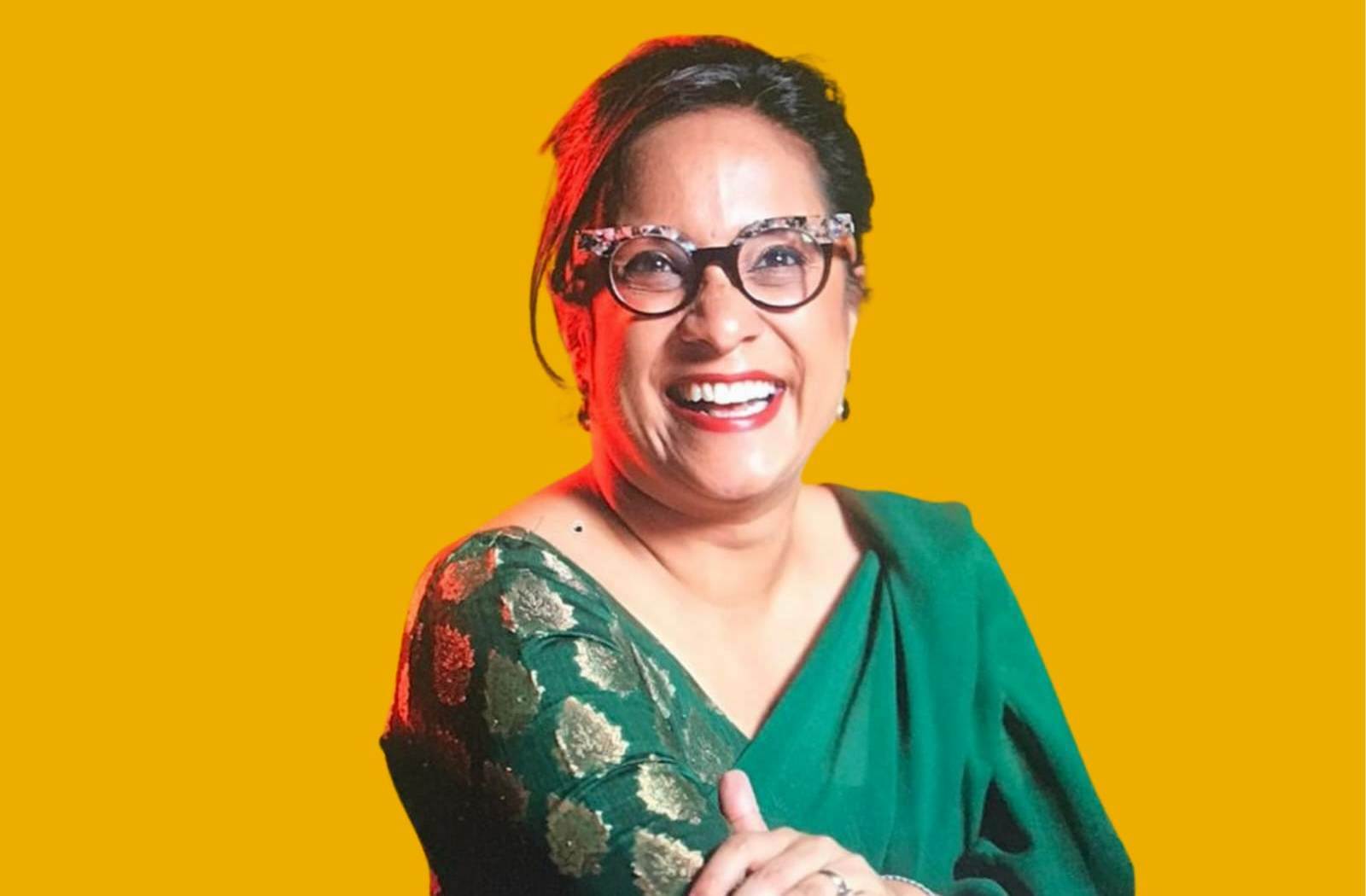
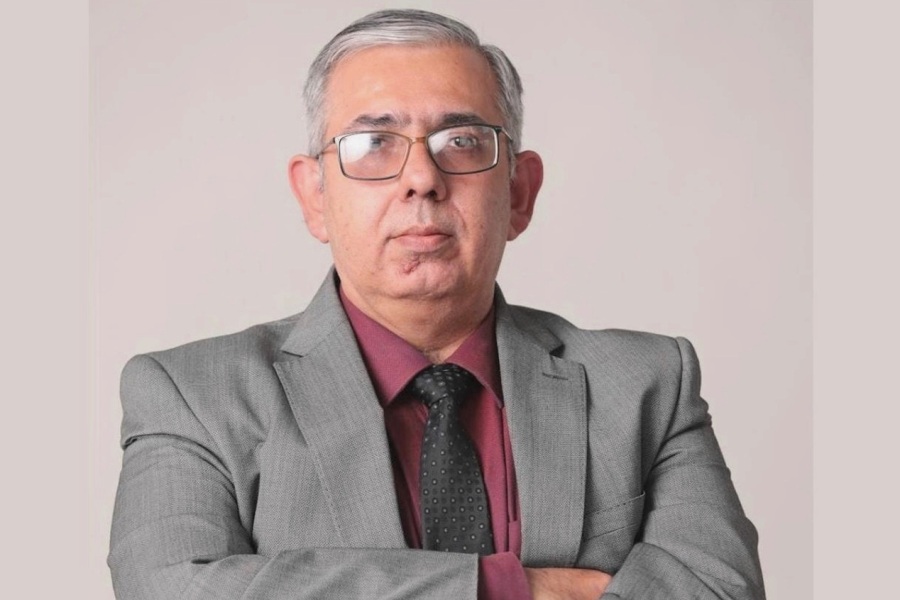
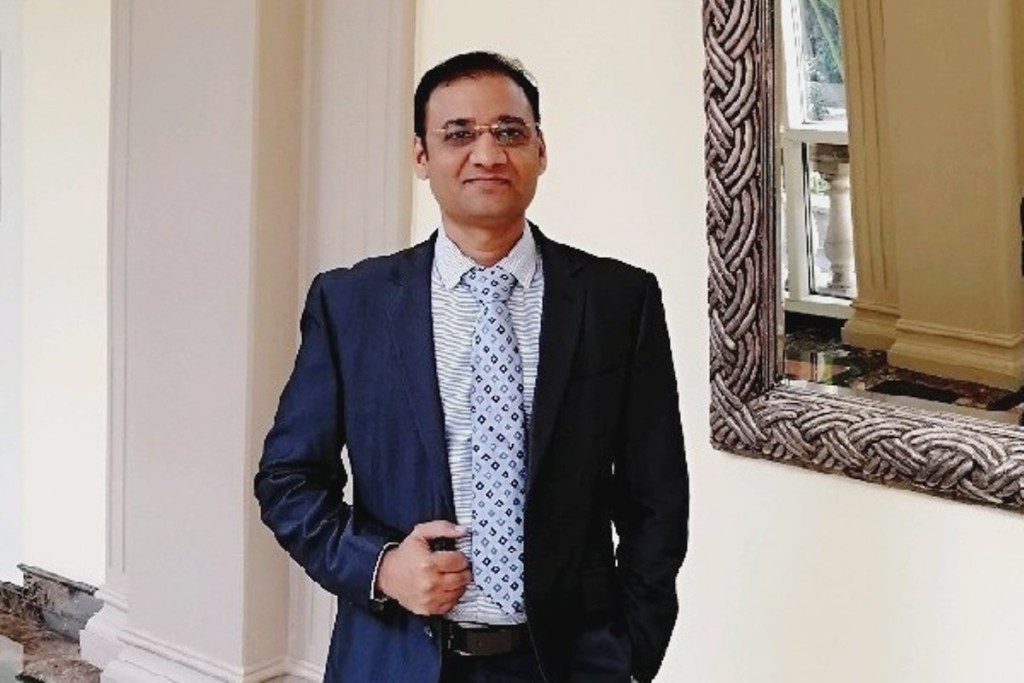


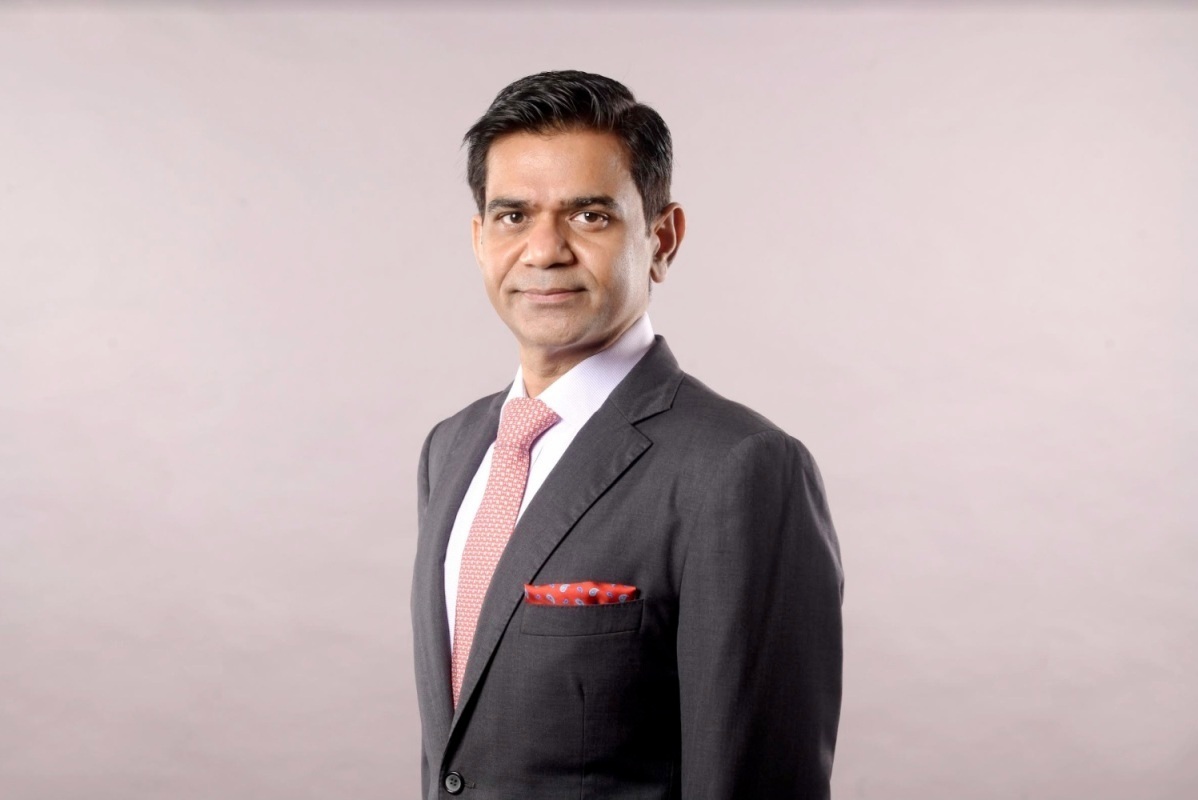
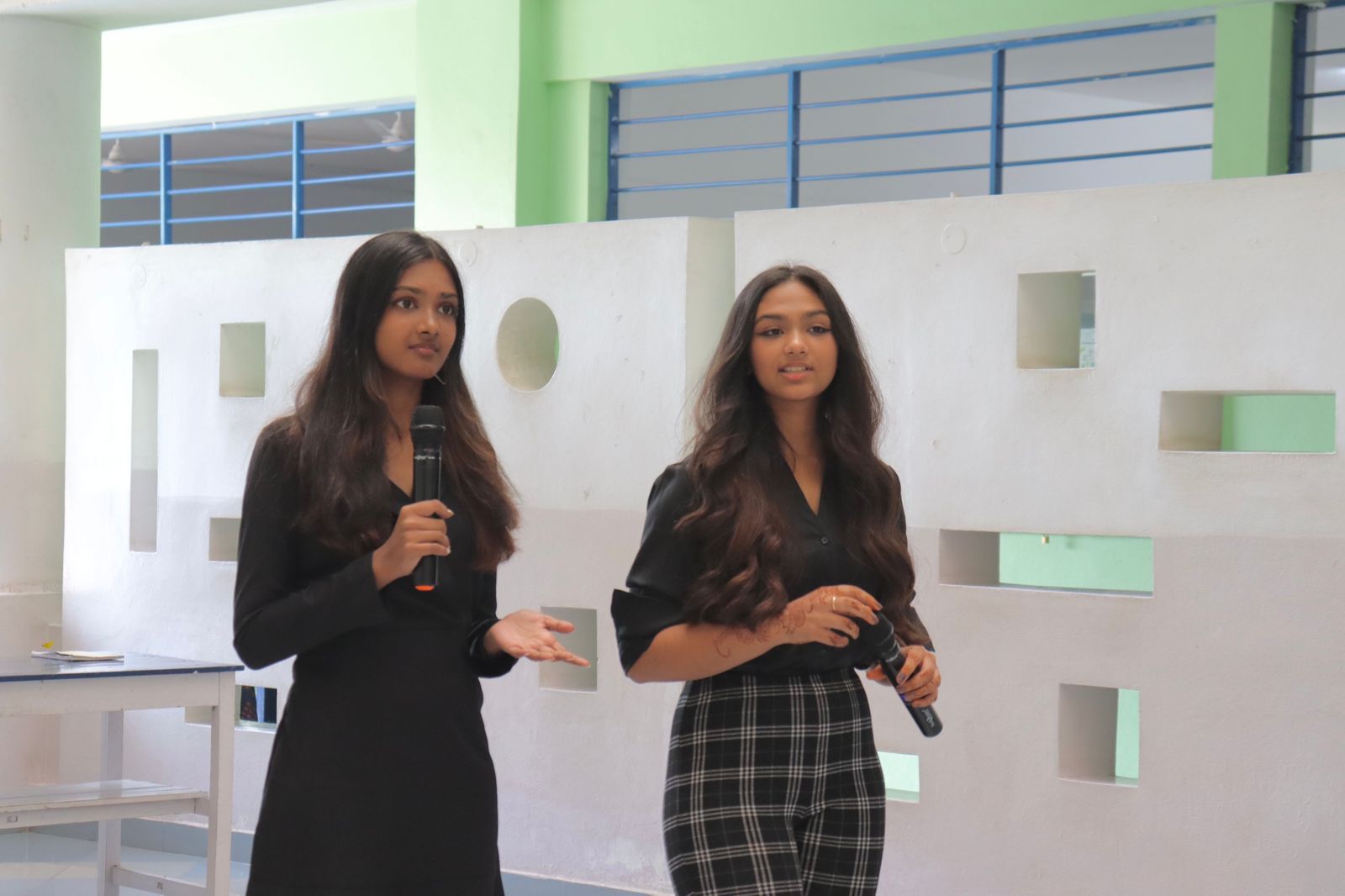
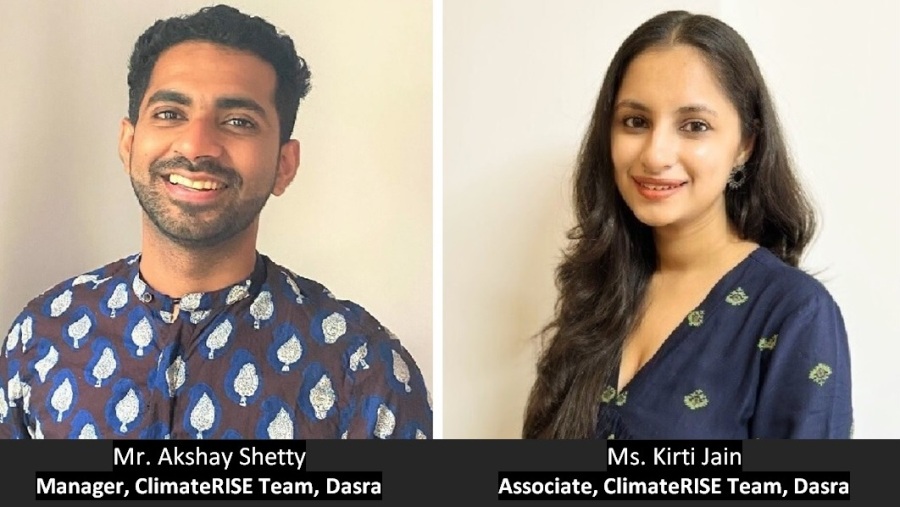







.jpg)



